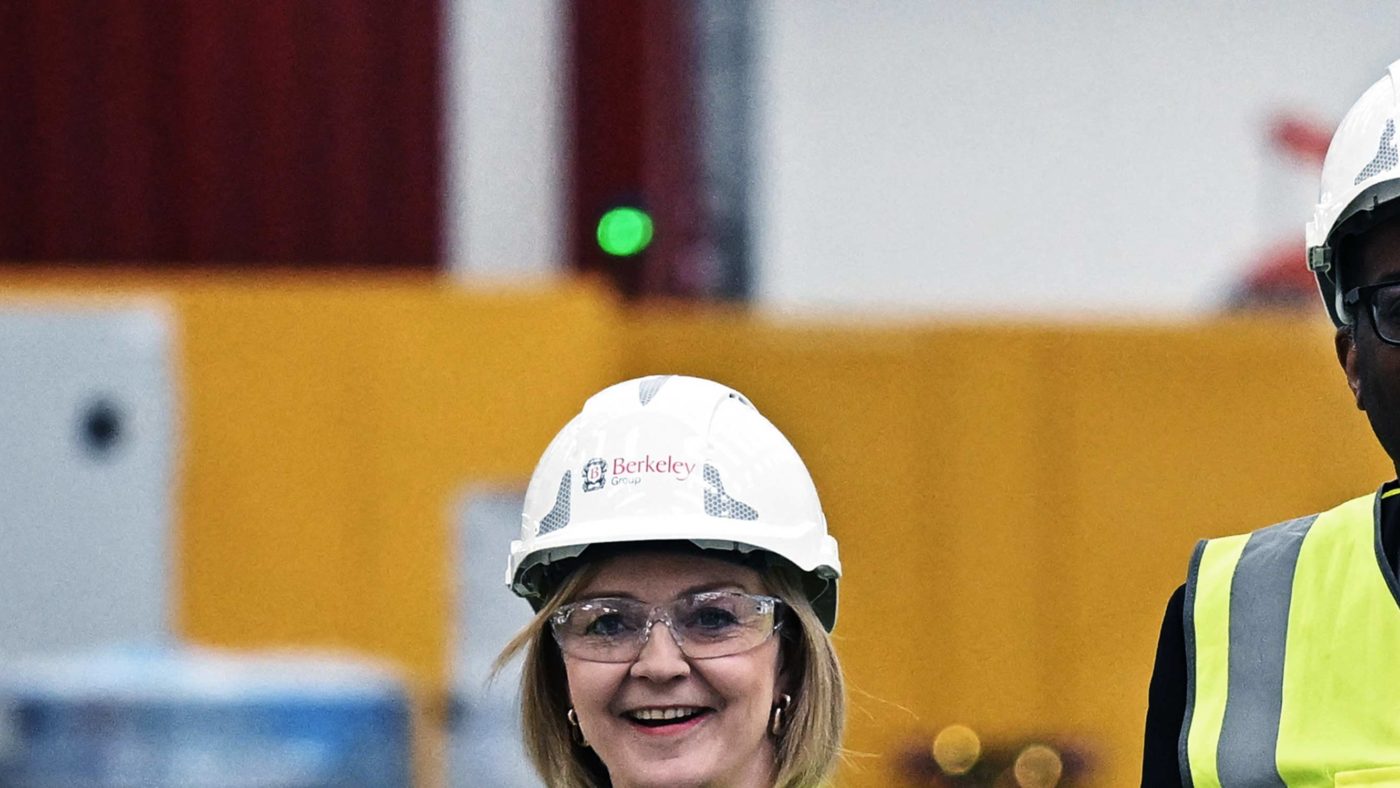There’s no doubt the headline message of Friday’s Growth Plan has landed emphatically: this is a bold, unapologetically free market government prepared to do unpopular things to jolt the country out of economic torpor.
While free marketeers cheered the statement of intent, the Government’s critics saw Kwasi Kwarteng’s statement as a ‘roll of the dice’ and, apparently, a huge shock.
Was it really all that surprising though? Liz Truss had already made clear what she planned to do, and now she’s done it. Even the big ‘rabbit’, abolishing the 45p rate of income tax, is pretty fiscally insignificant – particularly when set against the inordinate cost of freezing the energy price cap (£60bn in just six months, according to some estimates).
And how much of a gamble does it represent? At first glance, a huge one: lots of tax cuts, no spending cuts, lots of borrowing, turbulent markets and howls of protest about helping out the already well-off – and all against a backdrop of surging inflation.
Yet given the sluggish, over-regulated economy Truss has inherited, continuing to chug aimlessly along with a toxic combination of low growth, high spending and high taxes was itself the worst kind of one-way bet. Indeed, one of Labour’s best attacks on the Johnson government was that they were the party of high taxes because they were the party of low growth – now the Opposition face a government determined to turn that slogan on its head, and in doing so revive the Conservatives’ political fortunes.
That’s easier said than done, of course. Along with actually implementing this vauntingly ambitious series of policies, the Government now needs to get on the front foot and tell a much broader story than the ‘tax cuts for the rich’ narrative that its opponents are understandably peddling. For although the tax cuts are central to the overall strategy, they are only one part of what Truss and Kwarteng have planned, of which Friday’s statement was just the start.
The Growth Plan outlines a slew of policy changes, all geared to tackling the UK’s chronically weak business investment and productivity. They include low-regulation Investment Zones; a permanent £1m investment allowance; expansion of investment schemes for entrepreneurs; speeding up infrastructure building and disposal of public land; and changes to pensions rules to allow greater – you’ve guessed it – investment. The Plan also promises even more announcements in areas like energy, housing and childcare, all geared at lowering costs for ordinary families.
Granted, many of these measures are likely to feature on MPs’ election leaflets, but the combination of breadth and single-mindedness on show is encouraging (not least as many of these policies were proposed by our parent organisation, the Centre for Policy Studies).
The big political challenge now is not just to get these policies up and running within only two years, but to convince voters they should put their faith in a very different kind of Conservative Party to the one they elected in 2019.
How does Liz Truss draw a line from her predecessor’s brand of big state conservatism to her own supply-side revolution? Perhaps her best argument is simply that the things Boris Johnson promised will only be possible with a growing economy – and she’s the Prime Minister who is prepared to deliver one.
Click here to subscribe to our daily briefing – the best pieces from CapX and across the web.
CapX depends on the generosity of its readers. If you value what we do, please consider making a donation.


